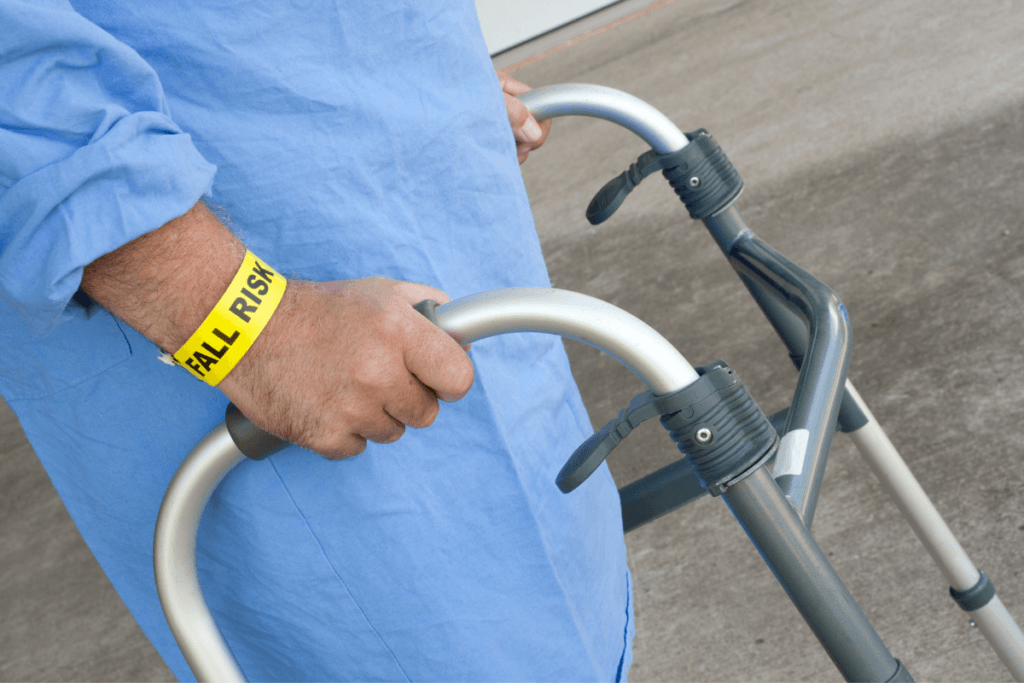Medical malpractice
Patient Dumping: What You Need to Know

Hospitals, nursing homes, and other medical care facilities around the country have been cited for what is known as “patient dumping.” This occurs when a treating facility releases a patient in an improper and often dangerous way, such as leaving them outside in the winter cold at a bus stop in a hospital gown and socks. Hospital procedures for discharging patients should be detailed, all staff should be trained in them, and they should comply with all applicable state and federal regulations, including the Emergency Medical Treatment and Active Labor Act (EMTALA), a federal law that ensures patients receive emergency medical care when admitted to an emergency department. EMTALA is also known as the Patient Anti-Dumping Law.
The unfortunate reality is that patient dumping happens most often to members of marginalized communities when hospitals realize a patient cannot afford treatment, is uninsured, or is an undocumented immigrant. Regardless of personal circumstances like these, a medical facility cannot deny you care or dump you on the street in your time of need.
In addition to hospitals, nursing homes – while subject to a different set of laws – must also avoid patient dumping. More than 80,000 Pennsylvanians reside in more than 700 nursing homes throughout the state. Also known as involuntary discharge, nursing home patient dumping is the illegal eviction of a patient without a valid reason. Nursing homes often try to get rid of the most costly and burdensome patients, even though those patients are the ones who need ongoing care the most.
What is Patient Dumping?
Patient dumping in a hospital occurs when a hospital turns away someone in need of emergency care, transfers a patient when they are unstable or when the transfer is unnecessary, and/or discharges a patient before they are sufficiently stable. Under EMTALA, it is illegal under federal law for any hospital that accepts Medicare payments to turn a patient away and refuse treatment.
Patient Dumping in a Hospital Setting
Different medical facilities are governed by different laws and thus can have different sets of obligations to those they treat. In a hospital setting, patient dumping can take many forms, including:
- When a hospital is fully able to care for a patient but transfers them to another hospital anyway.
- When a hospital transfers a patient to another hospital without stabilizing or properly screening them first.
- When a hospital refuses to treat someone because they are financially unable to pay for medical services.
- When a hospital discharges a patient prematurely without stabilizing them.
- When a hospital refuses to accept the transfer of a patient.
- When a hospital leaves a patient with an emergent condition in a waiting room without examination or care.
- When a hospital delays emergency medical treatment because of a lack of insurance or Medicare status.
Nursing Homes Are Also Dumping Patients
Once a person has been accepted as a resident of a nursing home, they are entitled to certain rights in the event of their eviction. Nursing homes are expected to follow specific eviction procedures that give departing residents enough time to make other arrangements. Unfortunately, nursing homes across the country are putting profits before patients and blatantly ignoring federal regulations.
Under multiple federal laws – including the Nursing Home Reform Act of 1987 and the Nursing Home Resident Protection Amendments of 1999 – nursing homes are required to give residents 30 days’ notice of eviction and they must also provide residents an opportunity to appeal the eviction decision. If a nursing home resident files an appeal, the nursing home facility is not allowed to evict them until the issue is resolved.
In addition, nursing homes can’t just evict residents for no reason. Every eviction notice must contain a detailed explanation of why the facility is evicting the resident. Nursing homes are also required to help make arrangements for the resident’s transfer, whether they are being transferred to a family member’s home or another nursing home facility.
In a nursing home, patient dumping can take many forms, including:
- Being forced to leave while waiting for Medicaid.
- Failing to safely and orderly discharge a resident.
- Evicting longer-term Medicaid patients in favor of shorter-term patients with private insurance.
- The failure to provide a 30-day written notice of transfer or discharge containing the reasons for the move in a language the resident can understand.
- Transferring a resident to a hospital for acute care and giving their bed away while they’re gone, preventing them from being able to return.
- Falsely accusing a resident of violence.
- Forging documents to get rid of unwanted patients.
Philadelphia Medical Malpractice Lawyers
While citations being issued against hospitals and nursing homes are a huge step in improving patient safety, the reality is healthcare facilities across the nation regularly violate patients’ rights and provide substandard care, including patient dumping malpractice. And, the most current data from the National Consumer Voice for Quality Long-Term Care, a leading advocacy group, suggests that concerns about illegal nursing home evictions are growing. All patients deserve to be treated with respect. If you or a loved one suffered an injury because of an involuntary discharge from a Philadelphia hospital, nursing home, or another medical treatment facility, you should contact the experienced medical malpractice lawyers at Lopez McHugh LLP today for a free consultation.








